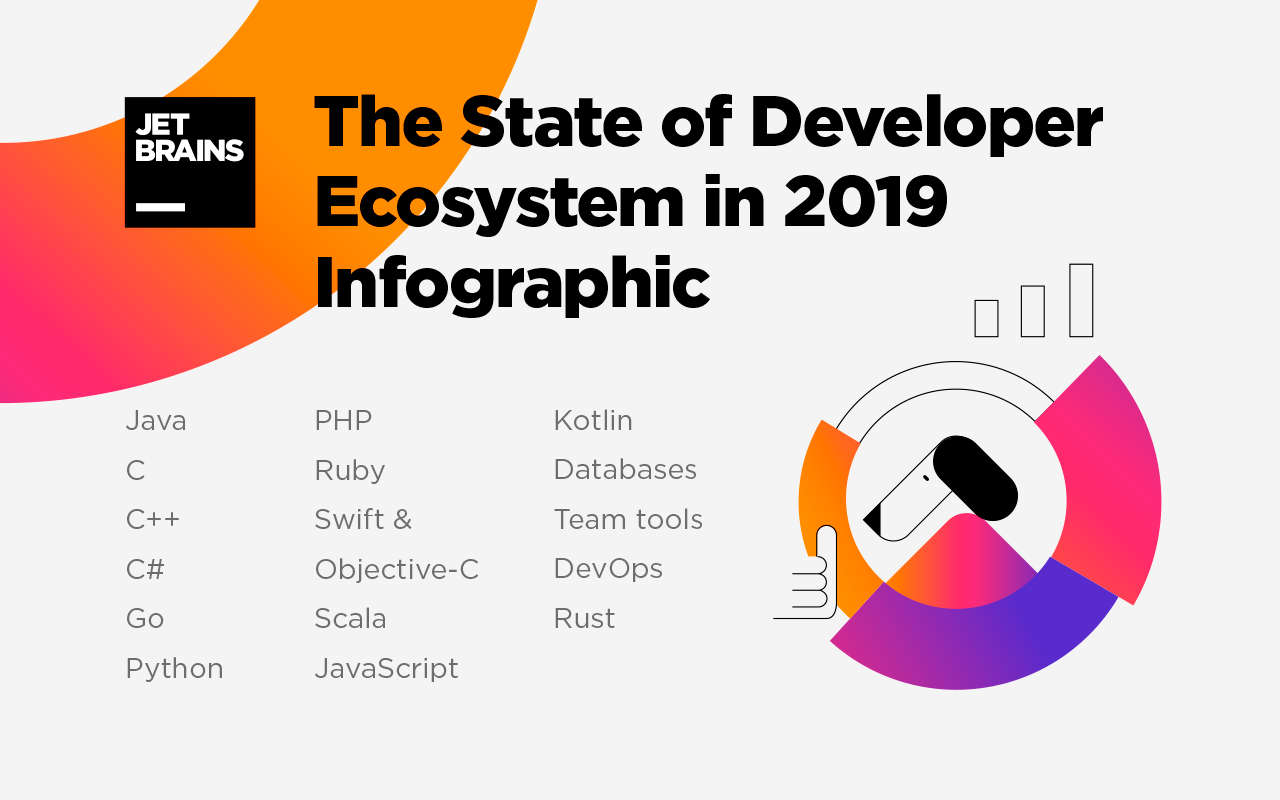That's why I named those two companies because Lenovo with their ThinkPad lineup and Dell with their XPS series are for me at least the only other real game in town in terms of putting out products with some real effort behind them, besides Apple MacBook Pros. But I'd argue that if you want Apple level effort and you're going for Dell or ThinPad, you'll still pay high prices albeit not as much as Apple charges, but very close these days.
I still think Apple has way better built quality since they don't use plastic (or fake Carbon) like Dell and Lenovo does and what you get out of the box is immaculate build quality every time for me. The QA in production for Apple products must be the best in the world, you really get what you pay for. Although I get that people can't afford or don't want to pay that much for something like this, you can't really blame Apple for charging those prices for their level of quality and effort they put into it. You also get highly functional and practical custom software that takes literally millions of hours to code. Everybody else just chooses to put a copy of Windows on it and call it a day. That alone should be a reason to charge way more than others, but I'd argue they don't.
The Surface compters IMO have the most premium feel of all the laptops. The Surface Laptop (~$900) has a nice feeling felt, but I'd worry about it getting messy over time. The magnesium alloy to the Surface Pro / Surface Book is the best feeling. Asus's Zenbook (also Aluminum) has the nice rigidity chassis if that's up people's ally.
But... "premium feel" is very, very,
very low on my list of priorities. Furthermore, I recognize that Aluminum is highly rigid, but has very low elasticity. You can bend and dent Aluminum far more easily than plastic (which "bounces back"). Ironically, Aluminum has higher plasticity than plastic (Plasticity is defined as deforming permanently). From a practicality perspective, I think plastic wins over in the long run. I do have an accident or two, dropping my laptop from modest heights or maybe children sitting on the darn thing accidentally... and plastic frankly handles that kind of abuse best out of all materials.
Honestly, the chassis material is almost 100% fashion choice and almost subjective. Aluminum, carbon fiber, plastic, magnesium alloys, are all very lightweight, decent enough rigidity (metals are better), decent enough plasticity (but plastic is better). Its far more important to get the darn thing into the correct shape. Aluminum in the wrong shape creates BendGate: it doesn't matter how strong or weak a material is if its in the wrong shape.
A lot of laptops are laughably thin and poorly shaped now. Sticking with slightly thicker workstation-class laptops helps out a lot, an extra 1/8th of an inch helps not only rigidity and strength, but also provides more room for cooling, battery, and makes replacing parts much easier. For that reason, I more or less stick with HPs or Dell workstation computers, as both companies have good replacement part supply chains, good design manuals, and good designs (on the higher end $1000+ equipment anyway)
----------
Well, this is getting a bit off topic, now that I think of it. Ultimately, I don't think Apple necessarily will make an Intel-competitive chip. I think they have a chance, but I'll wait for benchmarks before judging.











